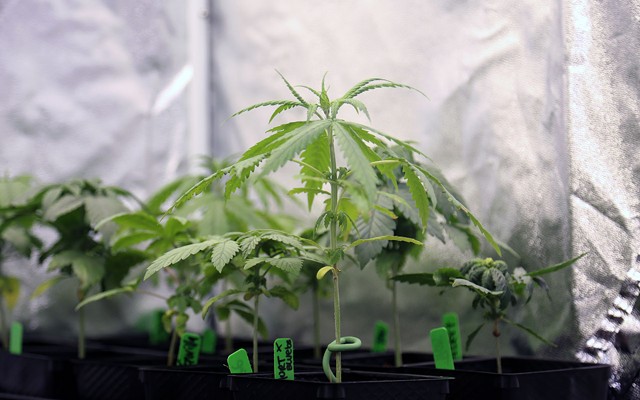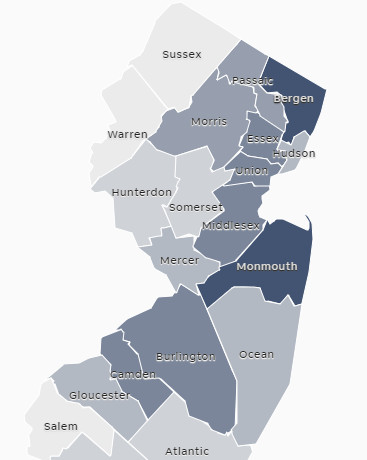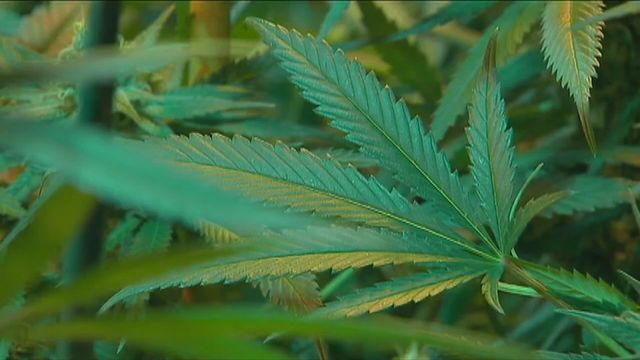Generally speaking, good weather revs all of us up to get outside and enjoy the day on a hike, on a bike, on foot—with our last destination nearly always one of five lakes in Whistler for a refreshing swim.
For some, these outings are social more than recreational and a backpack can contain “adult” bevvies—this despite the fact that use of alcohol or drugs is illegal in public spaces.
For many, alcohol and drugs are used responsibly and safety is not impacted.
But each year, situations arise where people out in the areas around Whistler need help. When rescuers arrive, they find that people have made some very foolish decisions about drug and alcohol use.
With cannabis set to become legal this October, those who do the rescuing are speaking out on their concerns about weed use being added to adventure activities.
“NSR (North Shore Rescue) takes no position on consumption or experimentation, with cannabis as it relates to peoples private lives, so long as it is done responsibly and safely. That being said, we do take a position on consumption and experimentation with cannabis, and other drugs, including alcohol, when it is done in the mountains,” said Curtis Jones, of NSR in a post to the team’s website on July 22.
“…When you’re high in the mountains, and I don’t mean elevation wise, you shift your position on the continuum between ‘Prepared Hiker’ and ‘Candidate for Rescue’ significantly towards the latter position.”
Jones also tweeted about the issue.
Of course, it goes without saying that people have been engaging in this behaviour as long as weed has been around, but it is equally obvious that with the spectre of criminality lifted when cannabis becomes legal it is likely many more people will make it part of their backcountry activities. After all, it weighs a lot less than beer and wine.
Jones was prompted to speak out after coming across marketing by the Flower and Freedom website which announced: “Outdoor Adventure Cannabis Tours Are Coming to Vancouver.”
Said Curtis in reaction, “There is no safe way to experiment with drugs in the mountains while ‘hiking and snowshoeing,’ guided or not.
“Putting aside the legalities of potentially commercial guided hikes in provincial and regional parks, the combination of mind-altering drugs and being in the wilderness is a terrible and dangerous idea.”
(Don’t forget that smoking—of any kind—is not allowed in Whistler’s public parks or within 25 metres of recreation areas and the Whistler Blackcomb ski resort has also banned smoking on its property including the ski, bike and hiking areas, lift lines, restaurants and parking areas.)
Jones’ comments come from experience. In his blog, he lists several rescues NSR has attended, including helping a hiker who had a bad acid trip on Cypress Mountain.
On another occasion, “two individuals went snowshoe camping on Mount Seymour and consumed marijuana and ecstasy,” said Jones. “One of the campers had a psychotic episode and stabbed his friend with a bowie knife, while his friend returned the favour. The RCMP emergency response team responded with our members and both snowshoers were arrested and taken to the hospital.”
Jones also describes this incident: “Near Lions Bay, a hiker had consumed mushrooms and marijuana, and while going to urinate, fell 60 metres into a ravine. He sustained a serious head injury and had to be evacuated by helicopter long line.”
I’m pretty sure Whistler Search and Rescue has plenty of similar stories.
I’ll give the last word to Jones: “The mountains are not the place to lose yourself in a drug-induced stupor, nor are they a place to experiment and learn your tolerance. The reality we face is that the wilderness is unforgiving and it can take a long time for rescue crews to reach you, even if you are only a couple kilometres up the trail.
“This is our plea to everyone to be responsible in the mountains, and leave the weed at home, even if it is eventually legal.”
Credit: www.piquenewsmagazine.com




